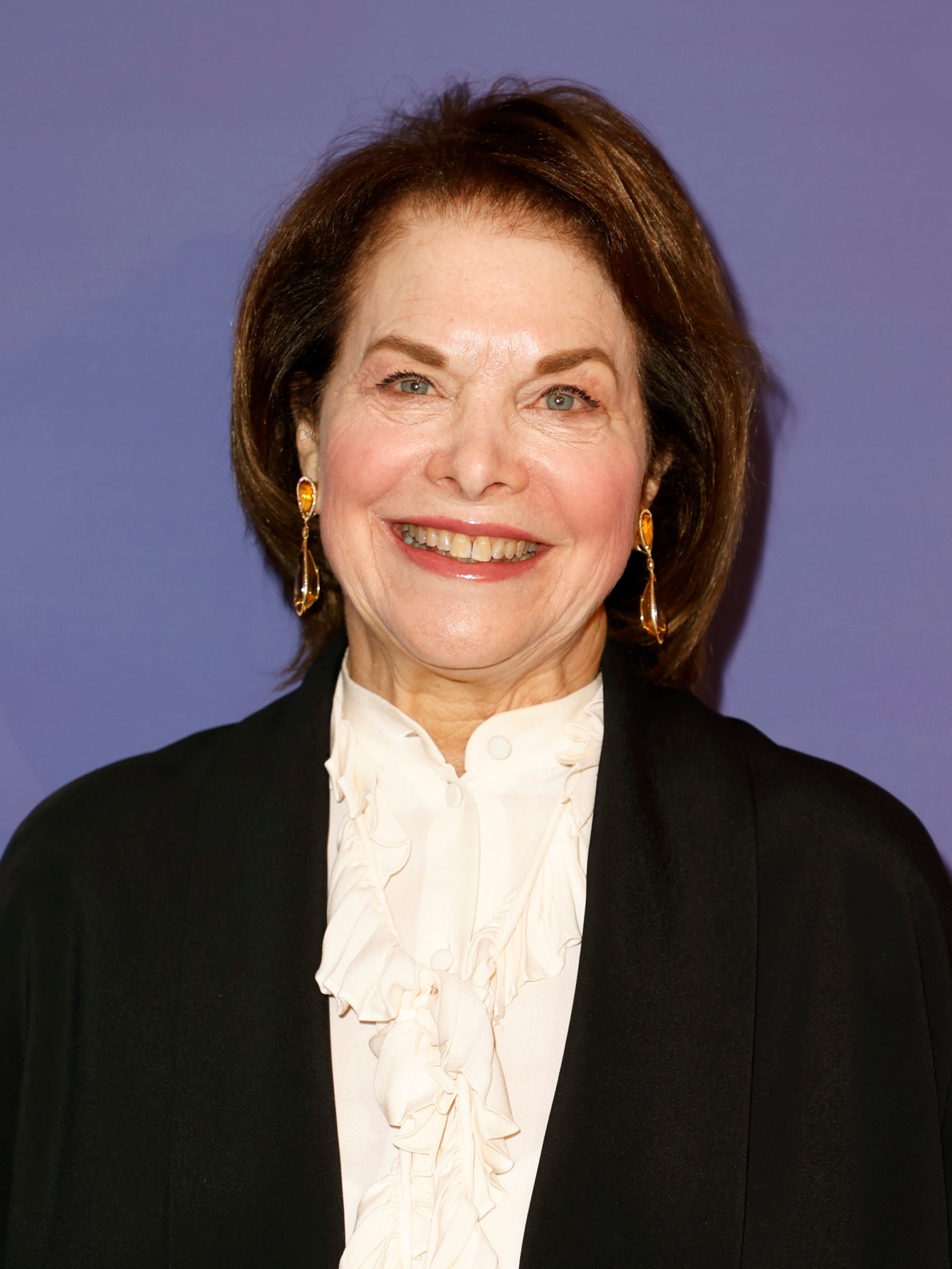
- Industry
Sherry Lansing Breaking the Glass Ceiling in Hollywood
It is said that ‘an apple doesn’t fall far from the tree.’ In the case of Sherry Lansing, one of the most successful executives in Hollywood history, that tree was her mother, Margot Heimann, who had escaped Nazi Germany at age 17 and settled in the Chicago area. At age 32, the parent of two young daughters, she lost her husband, David Duhl.
“My mother was my strongest influence and my first role model,” Lansing stated during a previous interview with the HFPA. “She was a survivor and taught me about survival. She used to use this expression, ‘Pull up your socks. Don’t feel sorry for yourself.’ She never looked back and she never pitied herself. She kept moving forward.”
Those words of wisdom would suit her daughter well as Sherry began to navigate her path. After graduating with a degree in speech and theater from Northwestern University, her first foray into the workforce was as a math teacher and as a model. Turning her attention to acting in the late 1960s and 1970s, she appeared in two films Loving and Rio Lobo with John Wayne. But her work in front of the camera would be short-lived, as the then 26-year-old saw the writing on the wall.
“I was really doing a disservice to the world because I was about the worst actress that anybody could possibly be,” she laughingly recalled. Feeling uncomfortable in the profession, she had her epiphany when director Howard Hawks attempted to have the young actress alter her vocal pattern. “I wasn’t able to be myself. I am in awe of actors and their ability but it was something that I couldn’t do. But it caused me to have great respect for them,” a mantra she would take with her as she ascended the executive ranks within the industry.
Lansing’s initial job for a studio was as a script reader, earning $5 per script. By 1972, she took her first full-time movie job as a story editor. Three years later, she was appointed chief story editor at MGM, a title she would only hold for two years before she was promoted to Vice President of Creative Affairs. As is the case with all Hollywood insiders, the chess game began with strategic moves to other studios. First, she went to Columbia, serving as Senior Vice President of production. Later, in 1980, a historic move: 20th Century Fox hired her to be head of production, the first time a woman held that position.
“When I started in the business, there was only Marcia Nasatir at a studio,” Lansing notes. “She was a story editor who eventually became a Vice President. I remember when I was made President of 20th Century Fox. The headline in the New York Times was “Ex-model becomes head of studio.”
But the title didn’t afford Lansing the possibility she hoped, as insiders at the studio handcuffed her potential. Instead of allowing her to produce films, she was only given the responsibility to determine if a project was worthy of financial investment. Lansing still managed to produce two significant works during her three-year tenure, the Paul Newman-led The Verdict and the cutting-edge youth comedy Porky’s.
As she told California Business magazine, “I enjoyed the time at Fox but I was too removed from movie-making by administrative duties”.
In an effort to return to the creative process, Lansing formed a partnership with Stanley Jaffe and delivered two blockbusters under their deal with Paramount Pictures, Fatal Attraction, and The Accused, which brought Jodie Foster a Golden Globe for Best Actress. Mining that success, Paramount turned to Lansing in 1992 and offered her the title of Chairman, breaking a significant glass ceiling in the business of Hollywood.
“I think we have come a phenomenally long way in my lifetime and, yes, we still have a way to go,” Lansing adds. “I do think we are becoming gender blind. I feel very good about the role of women in the business and I feel very much like it is not just a boy’s club anymore. It’s a talent club.” Still, she hoped that the glass ceiling of a woman owning one of the major studios would soon be shattered – that only happened in 2019 when Shari Redstone took over the reins of Paramount.
While Lansing has acknowledged that being a woman affected the films she made, delivering strong products such as The First Wives Club and Double Jeopardy, she is quick to note that the industry mustn’t fall into stereotypes such as ‘women think one way and men think another.’
“I think people bring their own sensibility but, since women were excluded from that decision-making process for many years, we didn’t have the benefit of an entire half of the population making decisions,” she continues. “Since we now have a diverse group of women making decisions, you are seeing a diverse group of films, films that depict women heroines in more complicated ways.”
Part of Lansing’s legacy will also be the trail she blazed, eventually opening doors for such executives as Dawn Steele, Amy Pascal, Stacey Snider, Donna Langley, and Jennifer Salke. But amongst her greatest legacies will be the Sherry Lansing Charity, which funds cancer research and champions career opportunities for all.
“It is inconceivable to me not to be able to find the time. I have had a blessed life and feel really lucky. But I want to give back. It’s not something I think about. You just have to do it. You get so much more back than you give.”

